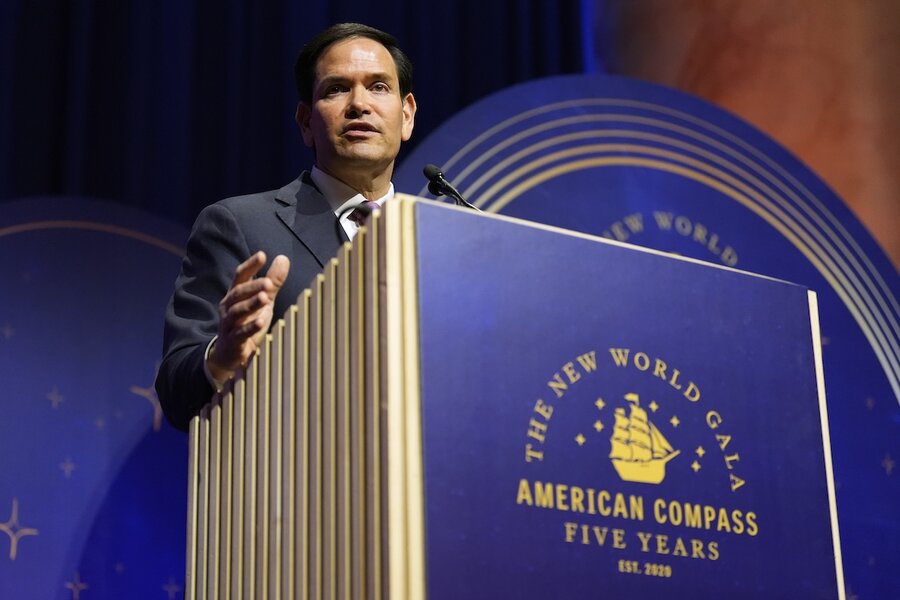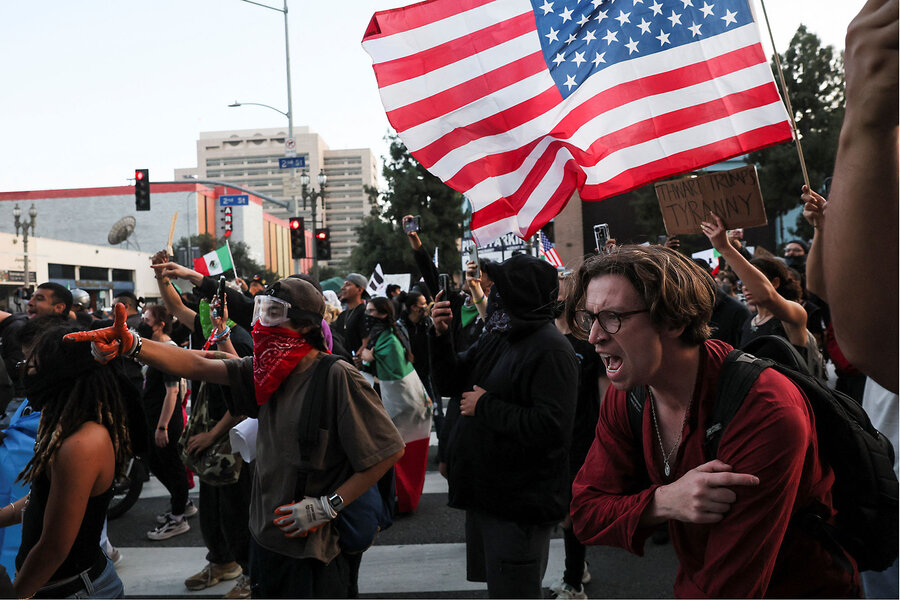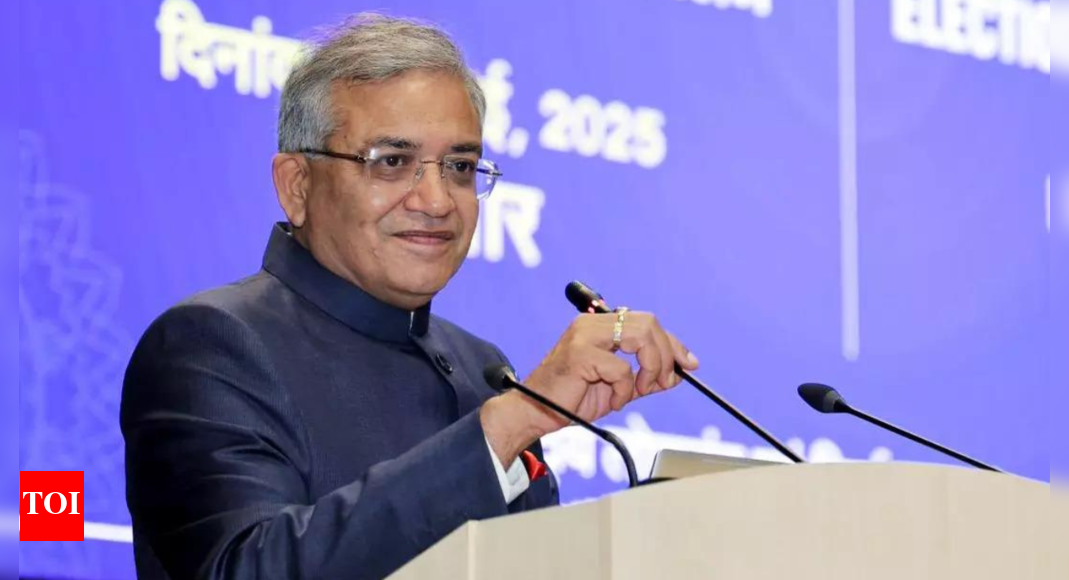Now Reading: Mass Resignation Hits Fulbright Board Over Alleged Trump Administration Interference
-
01
Mass Resignation Hits Fulbright Board Over Alleged Trump Administration Interference
Mass Resignation Hits Fulbright Board Over Alleged Trump Administration Interference

Rapid Summary
- Nearly all members of the Fulbright board resigned in protest against alleged interference by the Trump administration in selecting scholarship recipients.
- Resigned board members claim that a ample number of approved candidates were denied awards and that 1,200 foreign recipients’ approvals are undergoing additional unauthorized review.
- The Fulbright program, established almost 80 years ago by Congress, awards around 9,000 scholarships annually worldwide to students, scholars, and professionals.
- Recipients include U.S. graduates studying or teaching abroad, American professors at foreign universities, and international scholars working at U.S. institutions. Alumni have included Nobel laureates, Pulitzer winners, heads of state like King Felipe VI of Spain and Muhammad Yunus of Bangladesh.
- All but one board member (Carmen Estrada-Schaye) resigned; the remaining member intends to complete her term as a Trump appointee.
- The State Department criticized the resignations as “political stunts,” labeling board members as partisan Biden-era appointees protesting alignment with Trump’s executive decisions on academic suitability for Fulbright scholarships.
- Resigned members accused the government’s actions of undermining merit-based selection processes and academic independence central to Fulbright’s mission.
Indian Opinion Analysis
The resignations from the Fulbright board highlight critical issues surrounding political influence over educational exchange programs designed to foster diplomacy and collaboration globally.For India-one of over 160 partner nations-the event raises questions about potential disruptions in international opportunities for Indian scholars seeking merit-based study or teaching assignments under longstanding cultural-exchange agreements.
The added scrutiny on award recipients could imperil trust in programs known for nonpartisan administration across borders. With Indian professionals frequently benefiting from disciplines like engineering and medical sciences within similar initiatives globally-a shift toward politicization risks compromising these valuable exchanges vital to academic growth.
A neutral tone remains essential for evaluating broader impacts: if such precedents persist internationally (e.g., visa policies), collaborative research efforts shared between India’s burgeoning education sectors with counterparts like US academia may shrink long-term credibility metrics witnessed prior ancient unaffected frameworks ‘fulbright ‘ever being degraded absence-as International partnerships own anchors






















